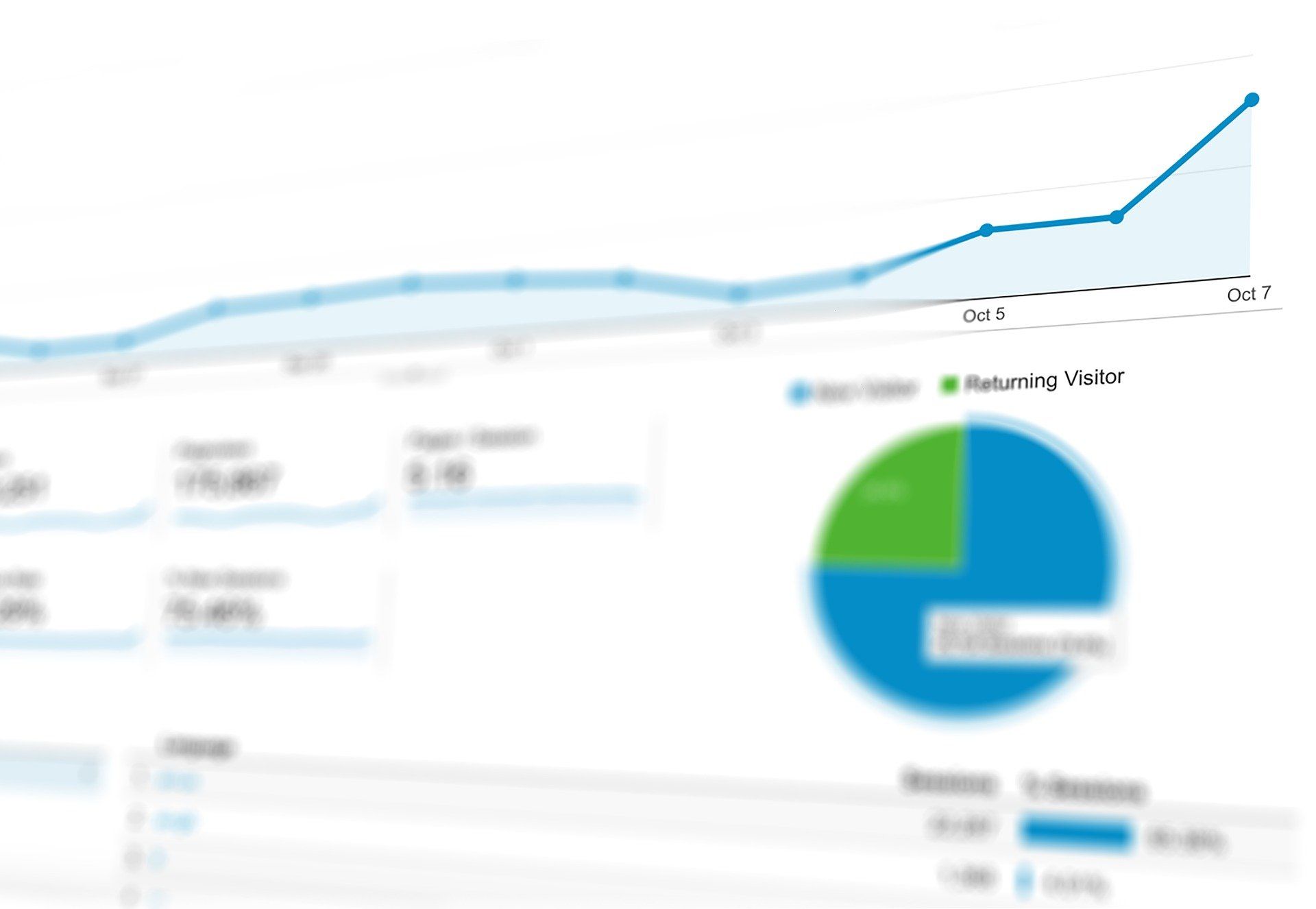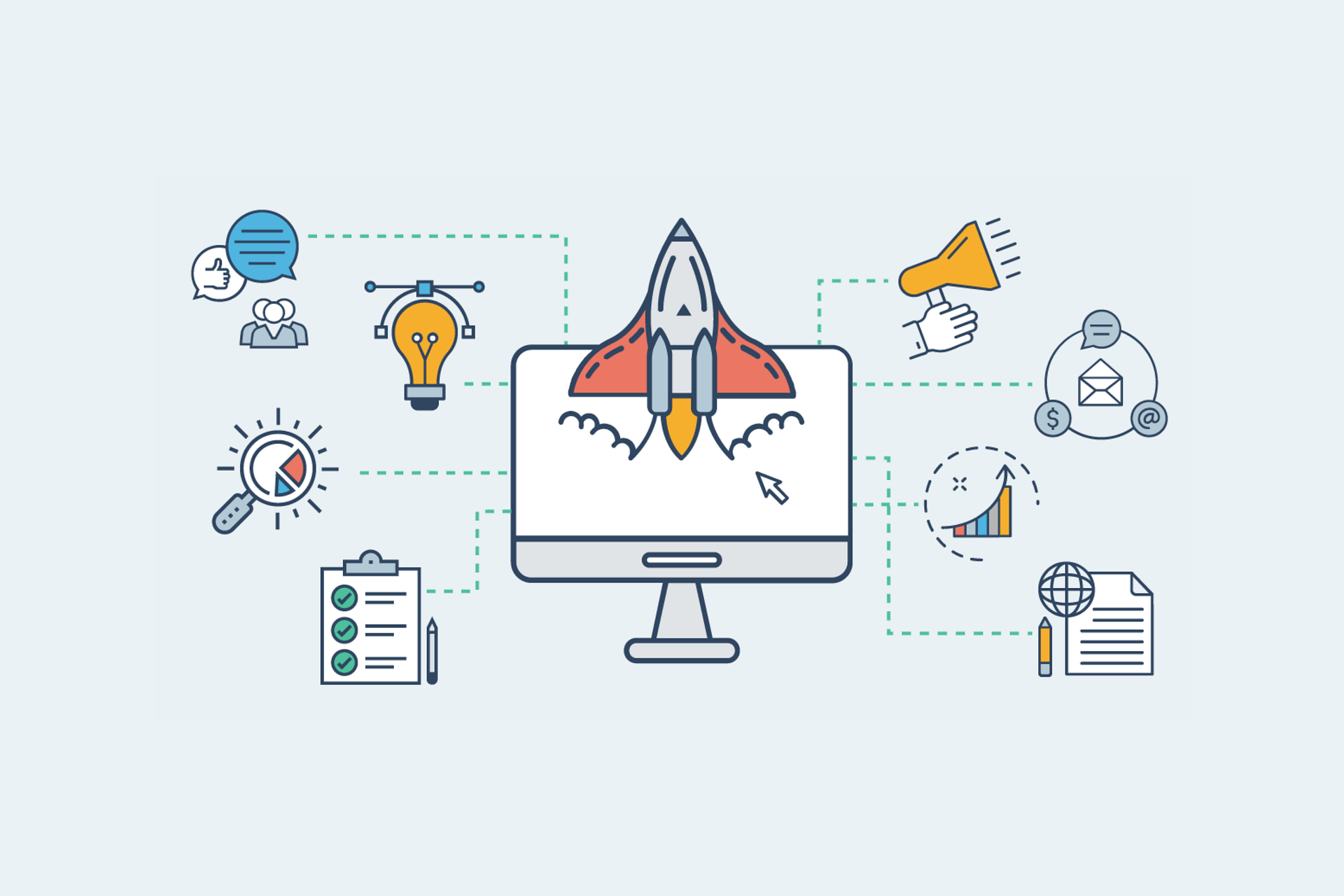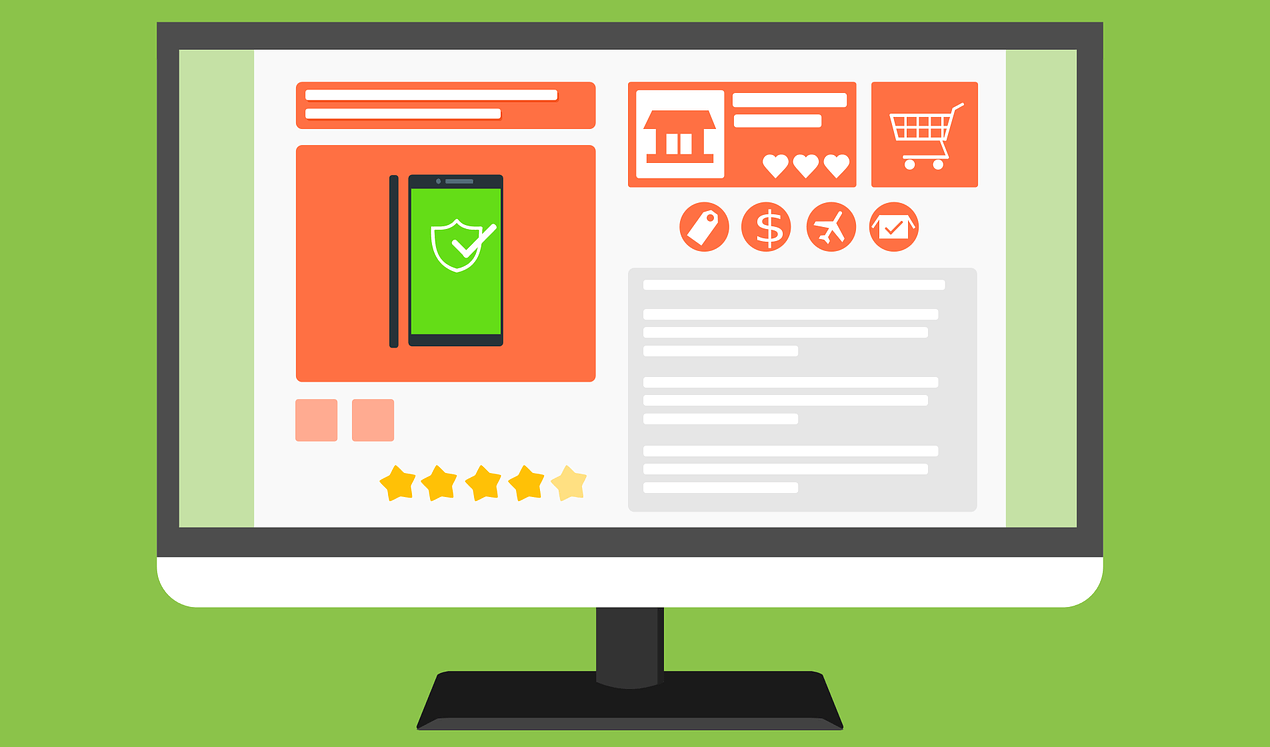Your analytics are talking, but are you listening?
Your business’ analytics are of the utmost importance in today’s social media and digital age, especially when it comes to your marketing strategy. Analytics can tell us a great deal about your online presence, what you’re doing well, and where we can focus our expertise.

Check out the list below to see some of the data that analytics can provide.
Demographics:
· Who’s visiting your website and social pages?
· Are they male or female?
· How old are they?
Traffic:
· Where are people coming to your site from?
· Are people coming through a social network?
· Are they doing an organic or direct search?
· Are they being referred to your site through Google or Bing?
· Where are they geographically?
As a business owner, it’s critical to know how your online content is consumed. We will show you how many different pages people are viewing, the average amount of time they’re spending at pages on your website or mobile app, as well as find out what process they go through to complete a purchase or sign up for an email newsletter. With analytics, we’ll determine where people may be getting stuck in the process and make improvements to create a well-rounded user experience.
All of these things are important so that we can see how we’re measuring up to the key performance indicators and goals we set up with you. With the knowledge and understanding we gain from using analytics, we’re able to better serve you and your consumers and offer a better overall brand experience, often leading to returning business.
Analytics and your marketing go hand-in-hand, and understanding analytics will lead to a more efficient marketing strategy. Why not start with what the numbers tell you, and help build a better overall business strategy with these tools!










